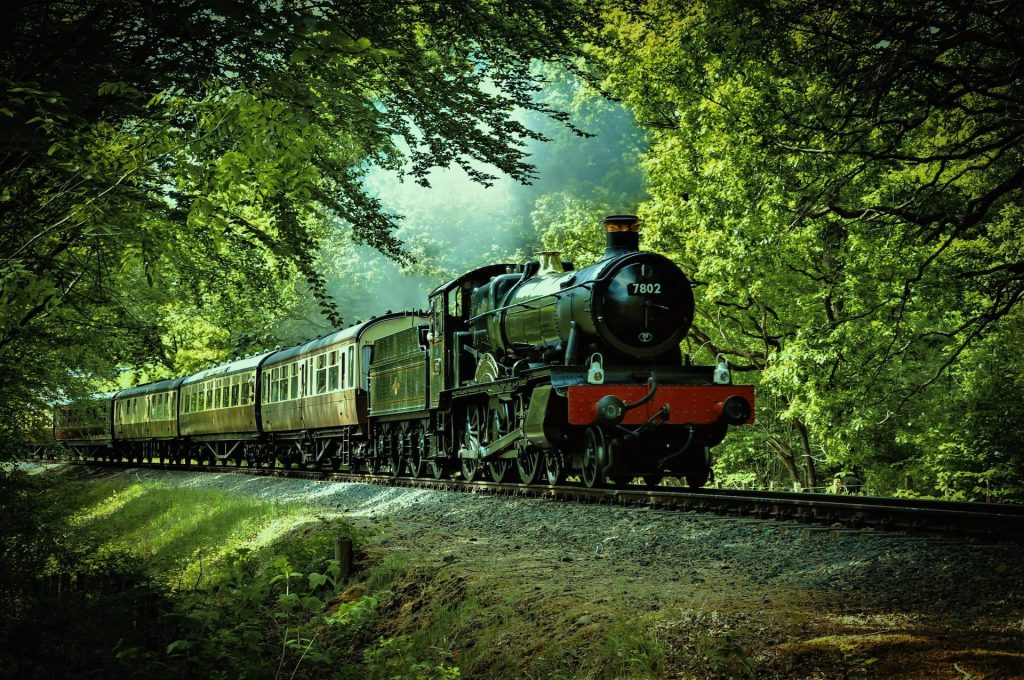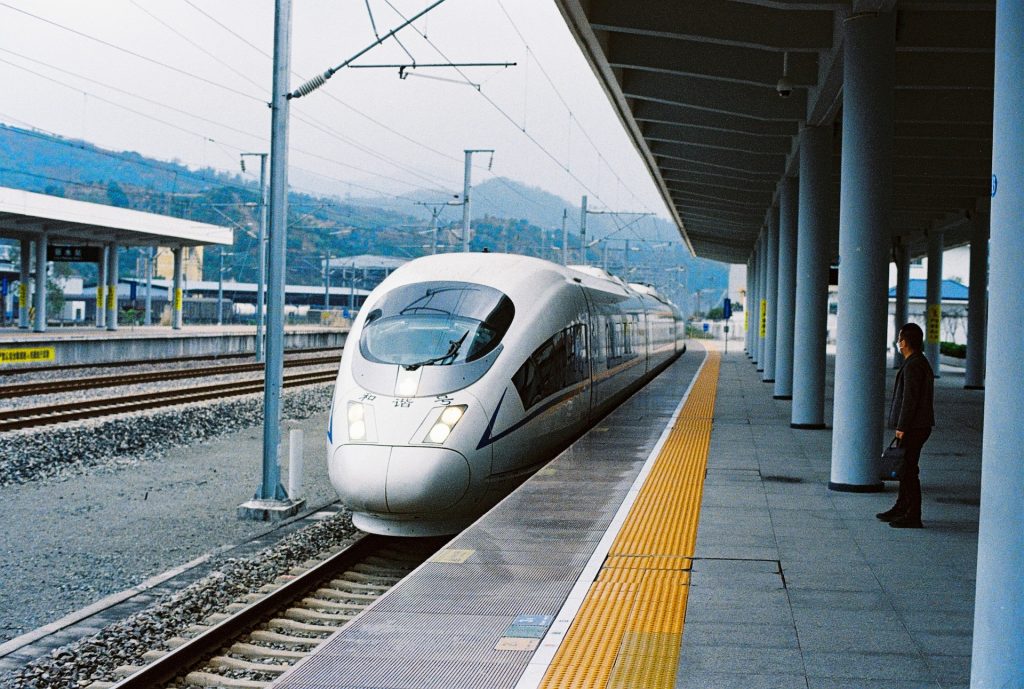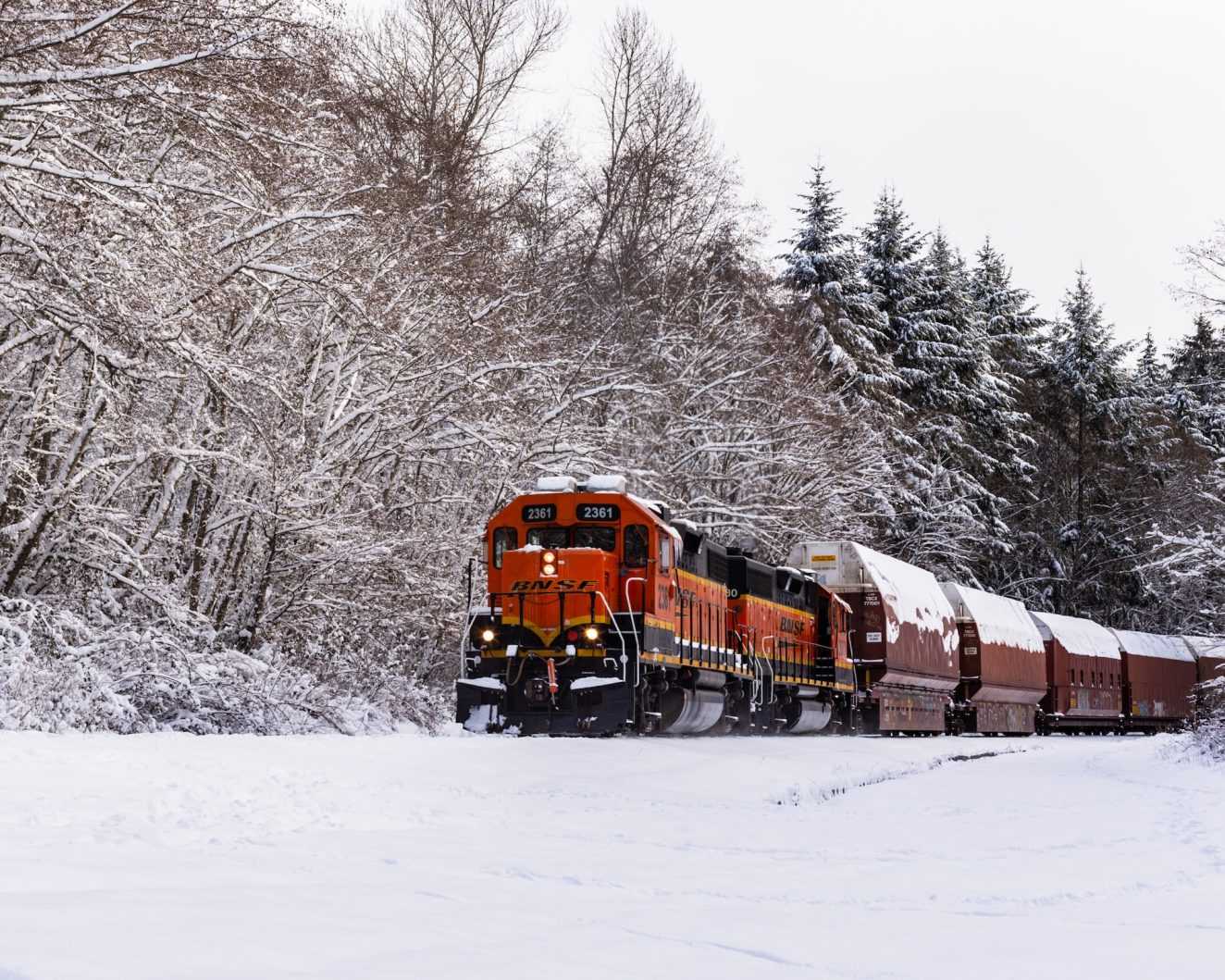Trains are like time machines that transport us back to a bygone era when the world was connected by iron tracks and steam engines. But despite the advent of airplanes, trains have not only held their ground but also evolved to remain essential to our daily lives. In this blog post, we’ll embark on a captivating journey through the history of trains, exploring their inception, evolution, and the enduring reasons why they continue to play a vital role in our modern world.

The Birth of Trains: A Revolution on Rails
Trains, as we know them today, are a product of remarkable ingenuity and technological innovation. The history of trains is a story of human progress and the unrelenting drive to improve transportation.
Early Precursors: The concept of using rails for transportation dates back to ancient Greece and even earlier in ancient China, where wooden tracks facilitated the movement of heavy loads. However, these systems were far from the locomotives we recognize today.
The Steam-Powered Revolution: The advent of steam power in the 18th century was the catalyst for the modern train. The first full-scale working railway locomotive was George Stephenson’s “Rocket,” built in 1829. It was powered by steam, had a smokestack, and was capable of hauling both passengers and freight. This marked the beginning of the railway age.
The First Passenger Train: The Stockton and Darlington Railway, which began operations in 1825, was the world’s first public railway to carry both passengers and goods. It used a steam locomotive designed by George Stephenson, and passengers were charged a fare to ride, marking the birth of the modern passenger train.
Evolution of Locomotives: From the pioneering “Rocket,” locomotives quickly evolved. The “Iron Horse” became a symbol of industrial progress, and various designs, including the famous “Big Boy” and “Flying Scotsman,” helped revolutionize rail travel and transport.

The Importance of Trains Today
In an age of high-speed air travel and advanced road networks, it’s easy to underestimate the significance of trains. However, trains remain indispensable for numerous reasons:
- Energy Efficiency: Trains are one of the most energy-efficient means of transportation, thanks to their ability to carry large volumes of cargo and passengers over long distances with relatively low fuel consumption.
- Environmental Benefits: Trains are more environmentally friendly than many other modes of transport. Electric trains, in particular, produce zero emissions at the point of use and can be powered by renewable energy sources.
- Cost-Effective: Trains are often a more cost-effective way to transport goods over long distances compared to trucks, especially for bulk cargo. This efficiency translates into savings for businesses and consumers.
- Reliability: Trains are known for their reliability and punctuality. They operate on dedicated tracks, which reduces the impact of traffic congestion and weather-related delays.
- Connectivity: Trains provide connectivity to both urban and rural areas, helping reduce transportation disparities and connecting communities that may not be easily accessible by road or air.
- Mass Transit: In cities, trains offer efficient and mass transit options, reducing congestion, pollution, and the need for extensive parking infrastructure.
- Tourism and Scenic Journeys: Trains offer unique opportunities for tourism and scenic journeys, allowing passengers to enjoy breathtaking landscapes and cultural experiences.
High-Speed Rail: High-speed rail systems, such as Japan’s Shinkansen and France’s TGV, have redefined rail travel, providing a fast and efficient alternative to short-haul air travel.
Cargo Transport: Trains play a critical role in moving bulk cargo such as coal, oil, and agricultural products over long distances. They are a backbone of logistics networks, supporting global trade.
Trains are an enduring testament to human ingenuity and the relentless pursuit of progress. From their humble origins as steam-powered locomotives to the sleek high-speed trains of today, they have remained integral to our global transportation infrastructure.
In a world where speed is often paramount, trains have adapted to meet the demands of the modern traveler and shipper. They offer a greener, more cost-effective, and reliable means of transportation that remains indispensable for both passengers and cargo.

So, the next time you hear the rhythmic clickety-clack of the tracks or witness a high-speed train zipping past, take a moment to appreciate the rich history, innovation, and continued importance of trains in our ever-evolving world. After all, there’s something undeniably magical about the enduring appeal of these iron horses that have shaped our past and continue to carry us toward a more sustainable and interconnected future. All aboard!





